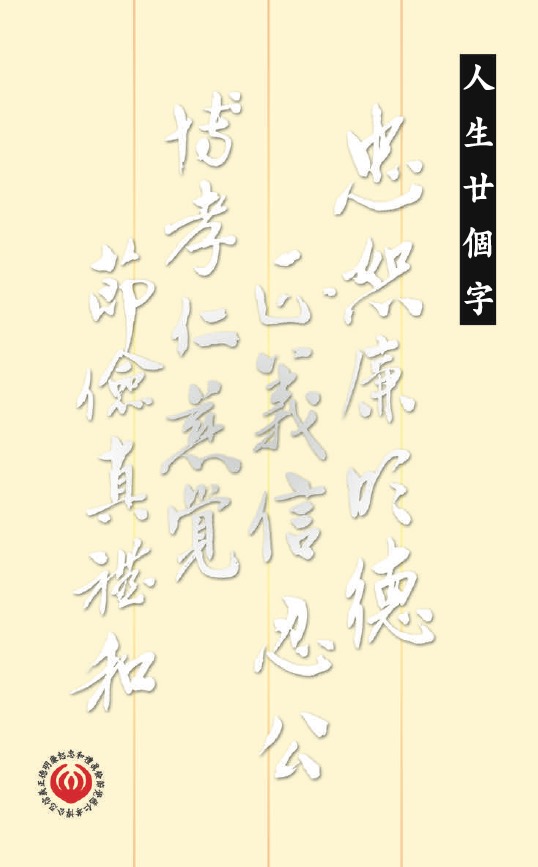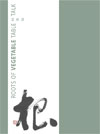Brightness – 明箴
- 明箴
- MING (Brightness)
| 清明在躬 | 認理遠到 | 心領神會 | 有如燭照 |
| 愛知其惡 | 憎知其善 | 酌理衡情 | 自能達變 |
清明在躬 神志湛然,心境清明之人。
O(禮)「清明在躬,志氣如神。」
認理遠到 認定事物之理,自然遠大,自然周到。
心領神會 有如燭照 一事當前,凡心領神會之處,如燭光所照,無不了然。
O (韓文) 「若燭照數計而龜卜也。」 燭照,喻料事之明也。
愛知其惡 憎知其善 親愛之人,能知其不好處;憎惡之人,能知其好處,可謂明也矣。
O (禮)「愛而知其惡,憎而知其善。」
酌理衡情 自能達變 既明察事物之眞偽虛實,再斟酌每事之道理,衡量當時之情形,自能通權達變的做去。
A person gifted with a clear mind and a bright spirit is a person of “MING”. He possesses vision. His keen observation and logical reasoning, like the light of a thousand candles, pierce through the darkness of falsehood and deceit. He understands and knows perfectly well the weaknesses and defects of those of whom he is fond and the merits and virtues of those whom he dislikes. Careful and deliberate reviewing of the facts and the past enables this person insightfully deal with any uncertainties.

